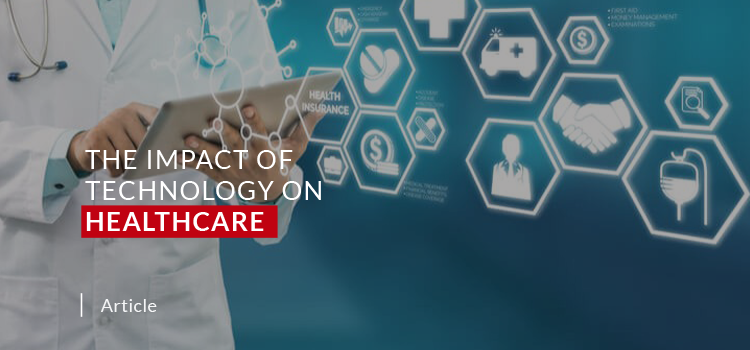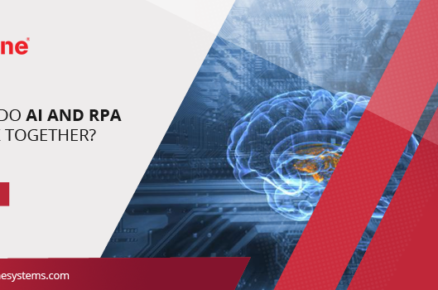A boon in the healthcare industry, technology is undoubtedly making work easy, efficient and effective for professionals and patients. From bringing the valuable data under the same roof to identifying diseases at the right time and taking preventive steps for the same, technology is gradually becoming a vital player in the healthcare sector. The pace at which it is being adapted in the industry, it is surely here to stay and make drastic changes in the way medicine is being treated.
There are many areas of the industry that are undergoing change due to the technical interference. Lets know them all.
Health Records Digitization
The arrival of Electronic Health Records (EHRs) have replaced paper files with digital records which can be uploaded to the cloud securely and made accessible remotely to patients and healthcare professionals. Using it makes storing, management, and transmission of data easy and quick. This also provides support to professionals and patients to make informed and better medical decisions. The digitization of health records facilitates efficiency by streamlining processes, improving patient outcomes, and reducing costs. It also allows delivery of healthcare to remote or inaccessible locations.
Big Data and The Cloud
Big Data refers to huge amount of data collected from various sources, which is further processed and used for analytics. In healthcare, big data allows everyone in the field to benefit from comprehensive research studies. With the help of this information, medical professionals can stay updated with healthcare trends, techniques and technologies. This can be used to identify risk factors and recommend the right preventative treatment by comparing patient data with data from thousands of other patients.
Better Communication
The technological innovations in healthcare have made communication much smoother within healthcare organisations. The professionals of the field can now use media such as video, online discussion platforms and real-time meeting capacities to communicate and spread the knowledge.
Telemedicine/Telehealth
Telemedicine allows patients to consult with specialists anywhere in the world. This technology in the healthcare industry removes distance barriers and facilitates critical care in emergency situations.
With telemedicine, patients can use telemedical devices to receive home care and support using various applications and video telephony. In telemedicine, the store-and-forward feature helps transmit biosignals, medical images, and other data to a specialist to facilitate consultations in which both parties are not required to remain present or online at the same time. This reduces waiting time for patients significantly, thus, speeding up the treatment delivery processes.
Remote patient monitoring by healthcare professions is another of telemedicine benefits. This manages chronic conditions effectively and economically with the help of various apps and devices.
Improved Patient Care
Radio-Frequency Identification (RFID) technology helps in enhancing patient care by giving information about the patient’s vital signs, and temperature. It allows real-time tracking of location, communication, and identification. Apart from this, there are other ways in which technology can improve patient care – 3D printing in used in creating prosthetics, customized dental devices, and even hearing aids.
Virtual Reality (VR) devices and apps ease symptoms of depression and anxiety in older people and patients with mental illnesses. The Augmented Reality (AR) enables surgeons and their teams to perform complex operations.
With all these technologies being used in the healthcare industry, it is evident that its importance is bound to grow exponentially in the time to come.











